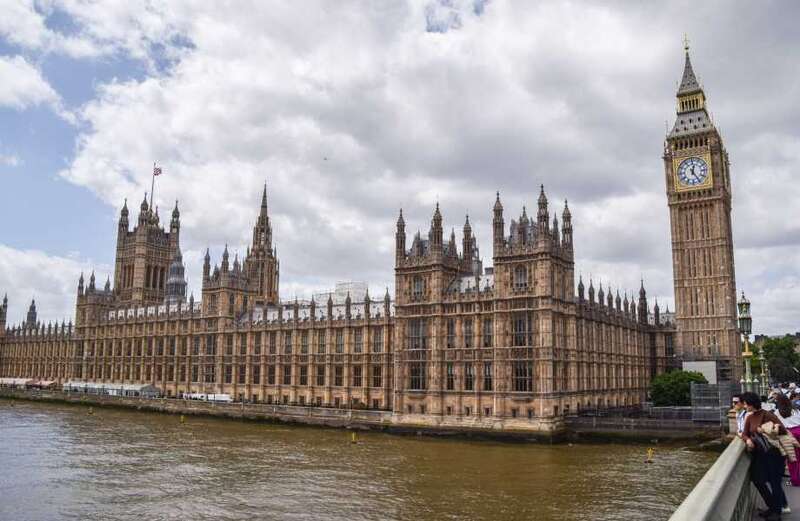MPs are blowing £20,000-a-day on energy bills - by filling the Houses of Parliament with hot air.
Taxpayers forked out £7.1m last year to cover gas and electricity bills on the crumbling Parliamentary Estate.

The 163-year-old Palace of Westminster is notoriously inefficient to heat because of its draughty windows, doors, brickwork and roof space.
The estate racked up an electricity bill of £5.88m in 2022/23 and shelled out another £1.19m on gas.
The eye-watering total sum is £4.4m more than the combined energy bills for all seven occupied Royal residences, including Buckingham Palace.
 From tongue scraping to saying no, here are 12 health trends to try in 2023
From tongue scraping to saying no, here are 12 health trends to try in 2023
And it comes despite Parliament having a deal that sees it pay half for energy than the average UK household.
Officials are paying suppliers EDF just 14.71p per KW of electricity - while the average family forks out 30.11p per KW.
For gas, Parliament paid British Gas and Total just 4.35p a unit - ordinary folk are charged on average around 7.51p.
Simon Francis, coordinator of the End Fuel Poverty Coalition, said: “MPs and the public are both suffering in cold and damp buildings.
“But while politicians in parliament are insulated from the soaring price of energy, constituents face bills at record levels, leaving many unable to heat their homes or put enough food on the table this winter.”
MPs have been debating how to fix the Parliamentary Estates for decades, with electricity and water supplies in dire need of upgrading.
Plug sockets are known to buzz and spark and many chilly staff use plug-in heaters which often overwhelm the electrics.
MPs have reported falling masonry and urine seeping into their offices from leaking waste pipes.
Repairing the Unesco world heritage site could cost up to £13 billion and require MPs to move out for 20 years.
Sheep wool was stuffed into Westminster roof in 2015 after energy experts revealed the structure was wasting “copious” amounts of power.
 How to de-clutter if you have a beauty stash to last you a lifetime
How to de-clutter if you have a beauty stash to last you a lifetime
Its current energy efficiency score of 121 is well below the typical UK public building score of 100.
A Parliamentary Estate spokesman said: “Parliament operates to a heating season which is modified annually according to weather conditions.
“If the weather is unseasonably warm at the start of the heating season agreement is sought to delay switching on the heating, conversely if the weather is unseasonably cold the heating is switched on earlier.
“The heating season is generally from mid-September to mid-April.
“This reflects difficulties in overcoming thermal mass in a building with a large number of difficult to heat spaces with considerable floor to ceiling heights and issues regarding the fabric of the building.”
A parliamentary spokesperson said: “Parliamentary authorities take energy efficiency very seriously, and have a commitment to reducing Parliament’s environmental impacts.
"Since 2008, Parliament has reduced its carbon emissions by 54% and its gas consumption by 31%, with consumption of electricity and gas continuing to fall as we make improvements to energy efficiency across the estate.
"We have secured a good deal for taxpayers to provide energy to the estate, through the Crown Commercial Service's Supply of Energy and Ancillary Services Framework on a fixed term.”


































